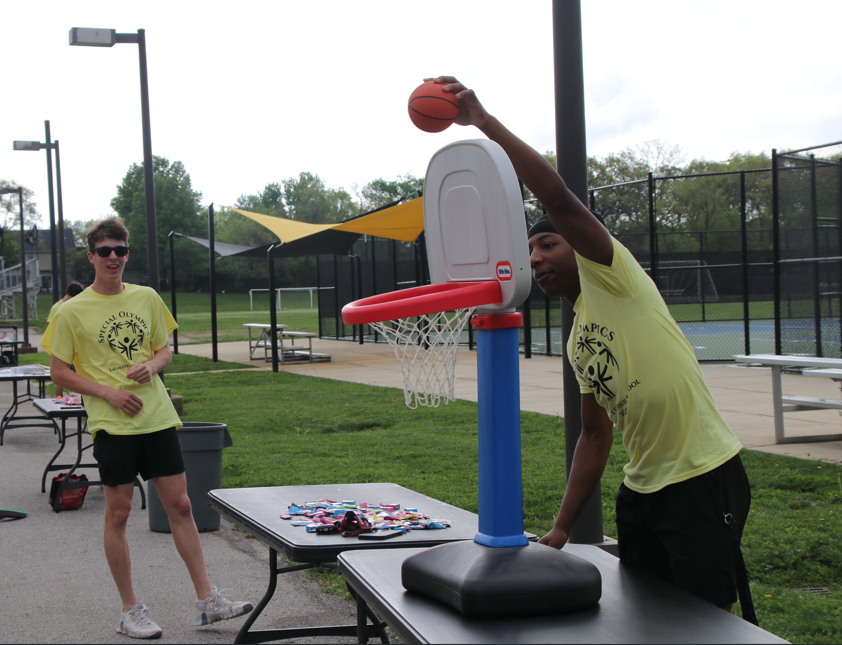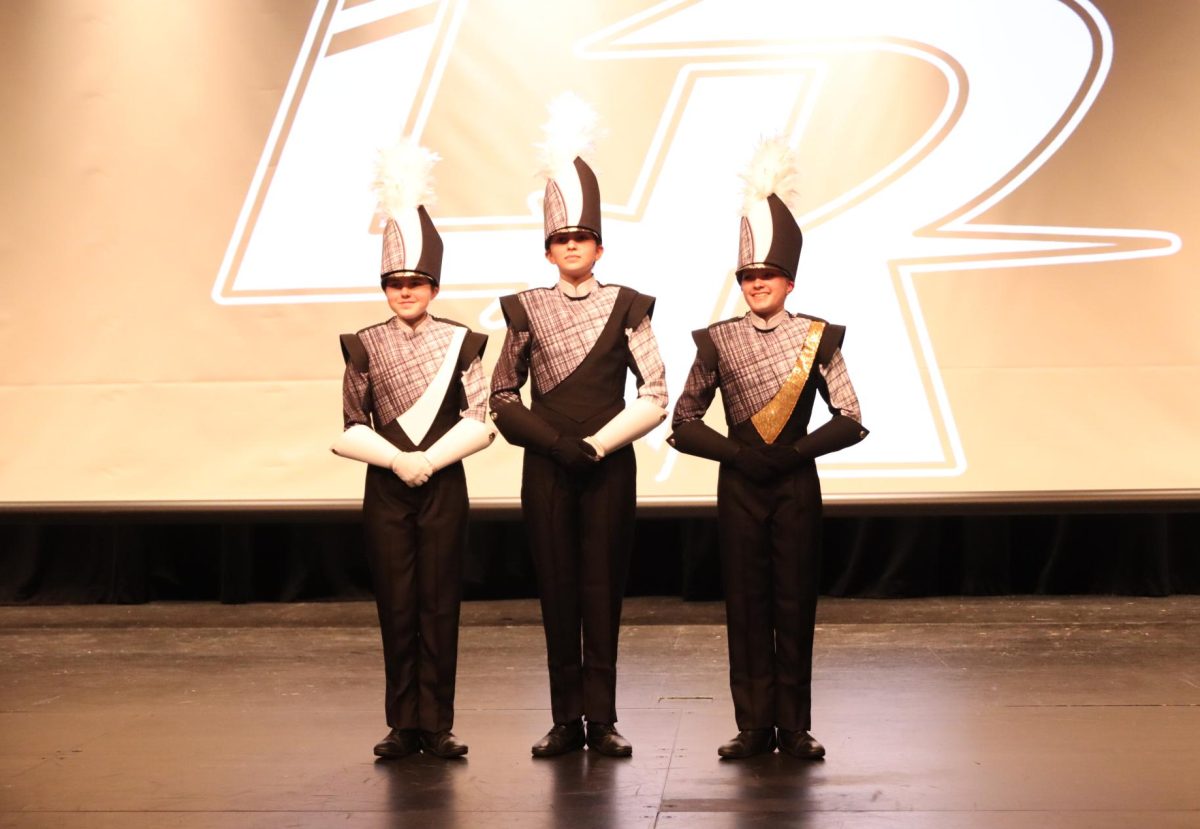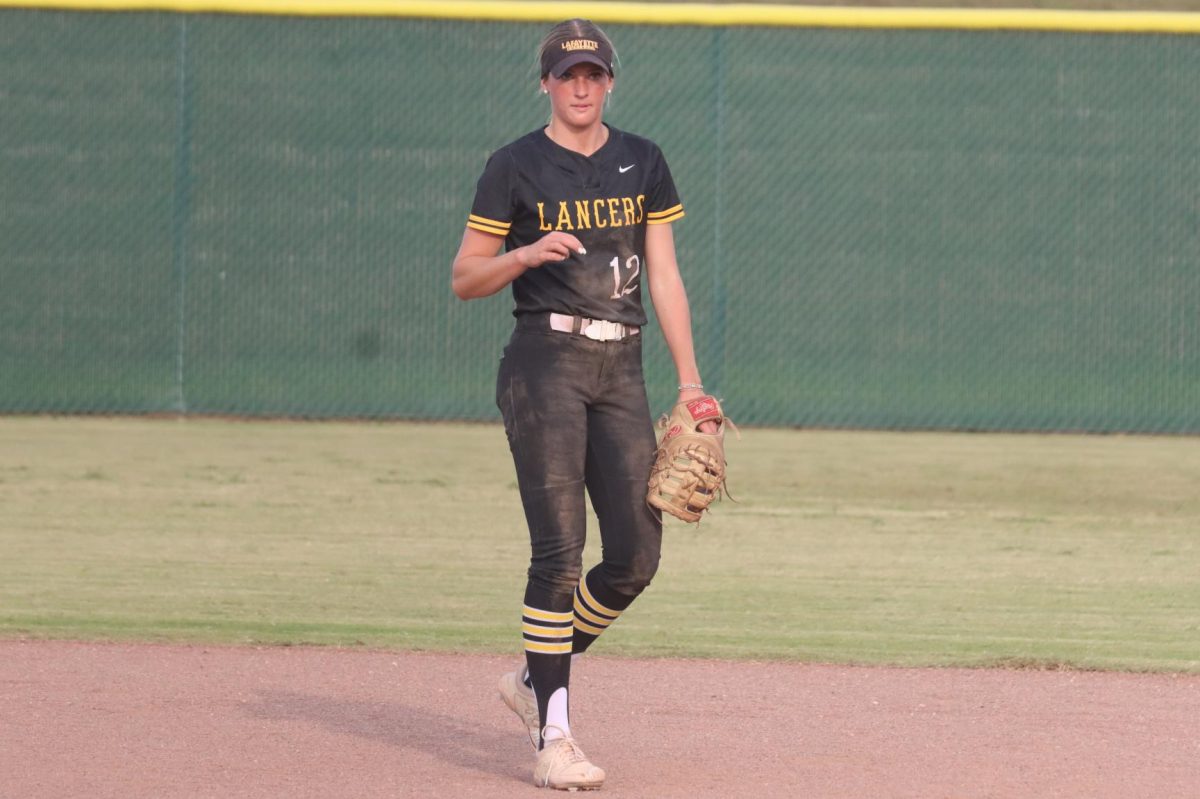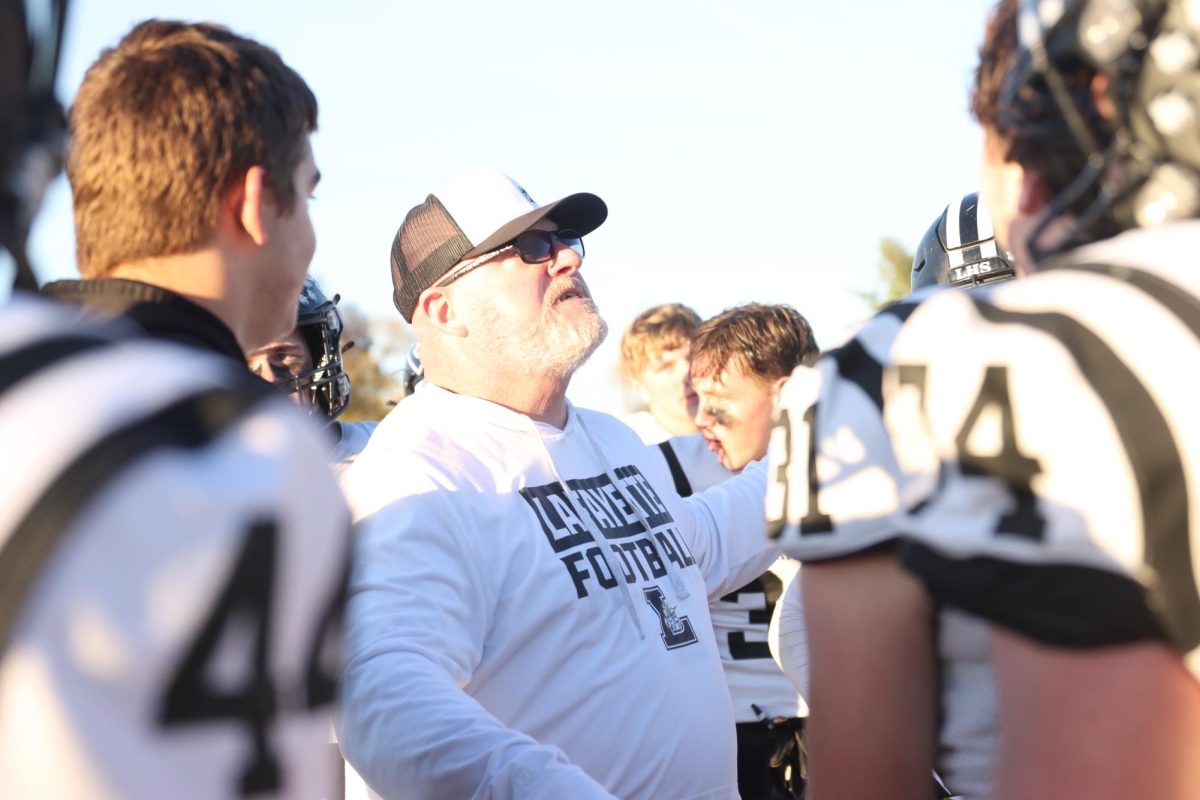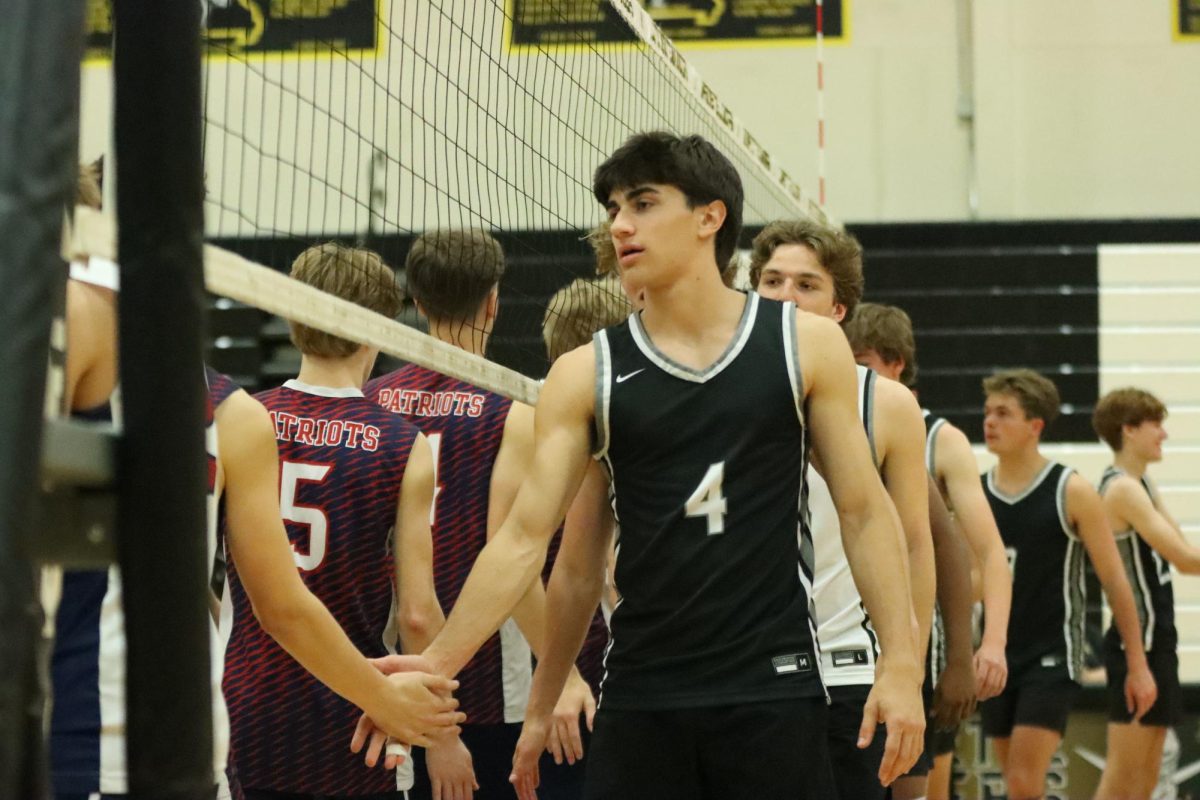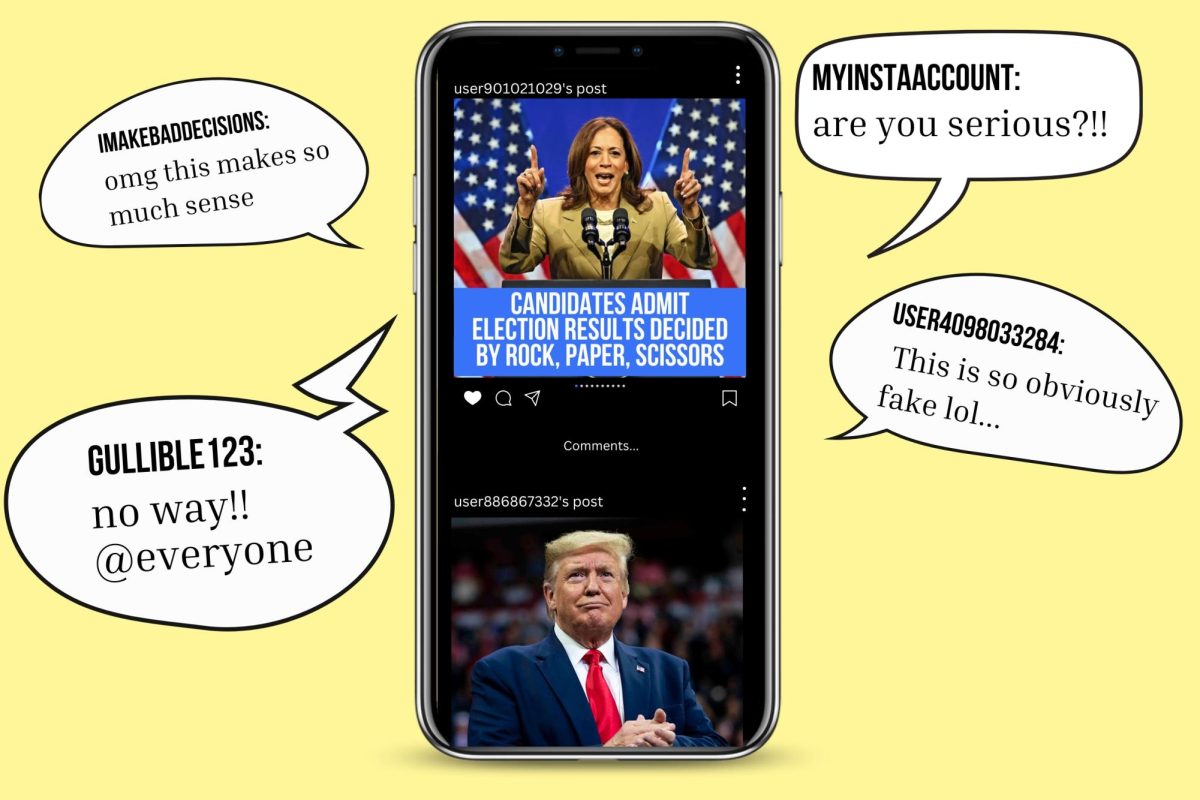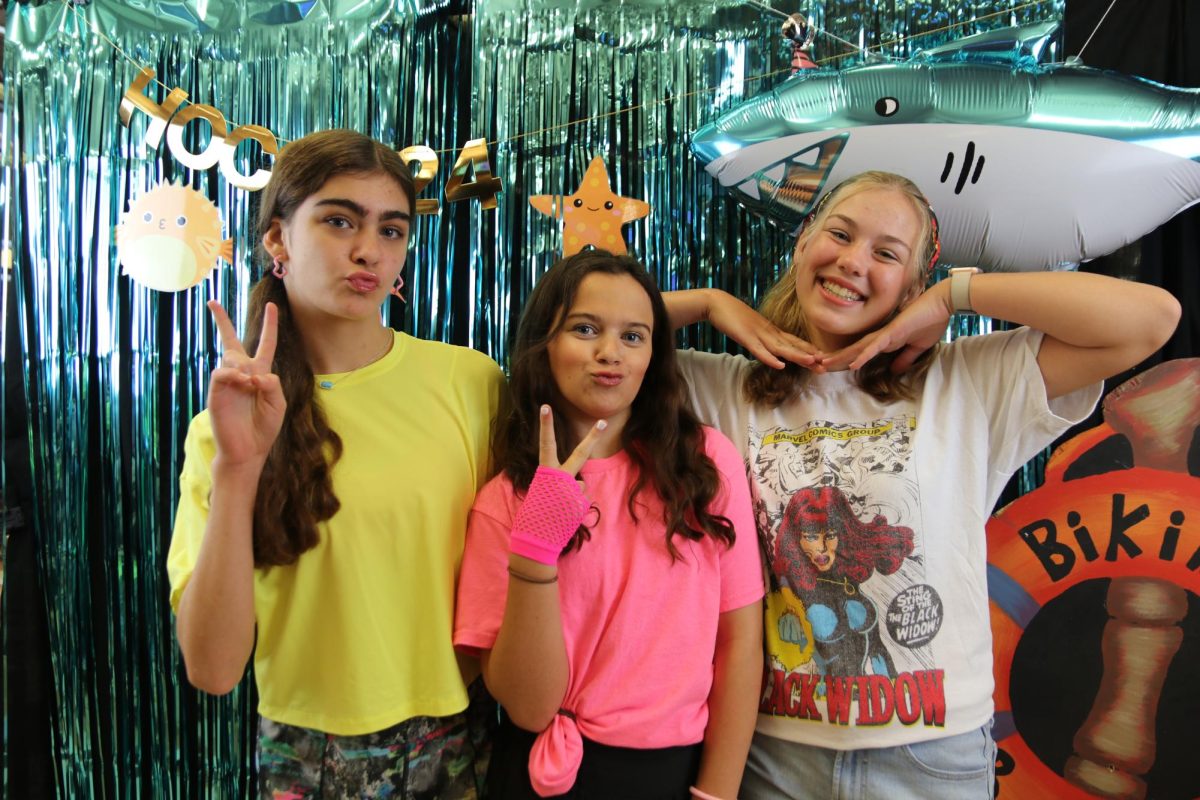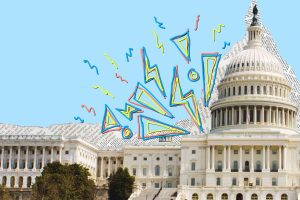Restrictions on LGBTQ+ rights ostracize queer teens
photo illustration by Maddy Cox
The legislation being introduced in Missouri and throughout the US demonizes the LGBTQ+ community. By attending drag shows and other events hosted by members of the LGBTQ+ community, it shows support and validates their experiences.
June 1, 2023
In 7th Grade, I came to the realization that I was gay. However, finding a label I felt comfortable with and coming out to my family and friends would take a few more years
As I began to accept my identity, articles I saw on the news about the LGBTQ+ community began to stand out to me much more than they had before.
The message of these articles along with bills with similar ideals, felt as though they were created solely upon hate and intent to demonize the LGBTQ+ community.
It was during this time that I learned more about the transphobia and homophobia that plagued not only my country but people I had considered close friends.
I remember crying in my sister’s car, expressing my fears that maybe one day I wouldn’t be able to get married, or if I did, that I would live my life being constantly harassed.
I would love to say those fears have diminished, but they have simply been replaced with new ones because of the onslaught of homophobic legislation that has arisen in the last year.
My fears have led me to become so much more involved in my community.
In December, a Christmas drag show I had planned to go to with my friend and family was restricted to 18-year-olds and above due to harassment by protesters at the venue.
I had attended that same drag show a year earlier, the first year that I was out to all of my family, and was able to be open about my queerness within my own home.
That drag show, while kitschy and at times raunchy, made me feel more connected to my community than ever before. While there was singing, dancing, jokes and merch, there was also concern about recent events in the community, donations to different LGBTQ+ charities and a sense of belonging that I have very rarely experienced.
It wasn’t the restriction of the drag show itself that angered me, it was the fact that homophobic protesters were able to make a decision for hundreds of people on a topic that they were likely poorly informed about.
That drag show was a microcosm, a small-scale example, for the decision-making and legislation that has been passed through the U.S. government.
The U.S. has seen 491 introduced anti-LGBTQ+ bills in 2023 alone, according to the American Civil Liberties Union. 48 of those were introduced in Missouri, 17 of which aimed to affect schools in some way.
Introducing a bill does not necessarily mean that it has passed or will become a law, it simply means that the creator of it has formally presented it to the proper chamber for committee assignment.
So yes, one could argue that while 490 bills have been introduced, many have not passed and are not likely to pass. But it is not simply a matter of whether or not such oppressive legislation is enacted, it is the principle of straight, cis-gender politicians going through the process of attempting to silence the LGBTQ+ community.
SB390, an act introduced by Sen. Rick Brattin, while lacking a chant-worthy title such as “Don’t Say Gay,” relates to the discussion of sexual orientation and gender identity in schools.
As I have seen in endless news articles, Facebook groups and parent protests have implied, a fairly hot-button issue lately are parents’ worries about their children being “exposed to” or “indoctrinated into” the LGBTQ+ community.
In comparison to previously introduced bills regarding the discussion of these topics in schools, this bill is far more lenient, only barring the discussion for kindergarten through third grade.
However, that subtle mercy in no way makes this bill any better for Queer students/teachers, or students with Queer parents. At the very least, it would provide some semblance of inclusion for older students in the community.
The real question is, why should this discussion be allowed in classrooms?
As a Queer student myself, being “exposed”, or as I prefer to say, introduced, to the LGBTQ+ community at a fairly young age did nothing to harm my emotional, mental, or physical health. If anything, it made discovering and realizing my identity much easier, and it made me much more comfortable when coming out to my parents.
The issue is that LGBTQ+ identities are often immediately sexualized as they are, in part, a definition of sexual attraction. However, this view often leaves out two important factors, the first being that LGBTQ+ identities also serve as a notion of romantic attraction in the same way that heterosexuality implies a romantic interest in the opposite sex. Secondly, this view completely ignores the fact that the same hyper-sexualized lens could be applied to straight identities, as they too denote sexual attraction, just to the opposite sex.
This disparity in how lawmakers, parents and even occasionally LGBTQ+ allies view the Queer community, is not only a prevalent example of the unyielding heteronormative society in America, but also the innate demonization of the LGBTQ+ community through sexualization or criminalization.
So why would a discussion of sexual orientation and gender identity be helpful or even necessary in schools? The answer is: it isn’t. But, there should be doors that allow that discussion to take place should a student be inquisitive about it, be struggling with their own identity or simply need the early introduction to a community that one day they may realize they are a part of.
Yes, the limit to which grades are barred from discussing LGBTQ+ topics is a vast improvement from previously introduced bills. But, these restrictions still demonize Queer concepts in the eyes of young children, placing gender identity and sexual orientation on the same infamous pedestal as cuss words and the middle finger.




